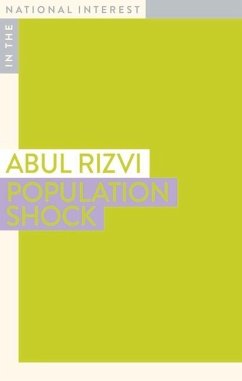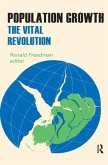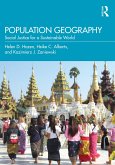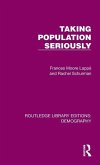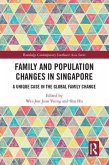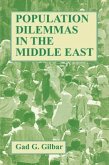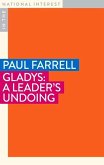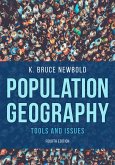Long-term population directions, in terms of both size and age composition, drive the destiny of all nations. While for decades we have worried about global overpopulation, it is far more likely that the period 1950-2050 will be an extraordinary population growth shock, culminating in severe population ageing and then decline. This shock will have four stages aligned with the stages of the life cycle of the baby boomers: childhood, adulthood, old age and death.Around ten years ago, the developed world as a whole entered the third stage of the population shock - old age. Over the next ten to twenty years, most of continental Europe, China, Russia and South Korea will join Japan as nations with sharply declining populations. The world and modern capitalism have never before been in such a situation.While Australia's population will continue to grow over the next forty years, we will age significantly. Economic growth will slow, government and household debt will rise, and inequality will accelerate. Against that background, how will government chart our population and economic future? --
Hinweis: Dieser Artikel kann nur an eine deutsche Lieferadresse ausgeliefert werden.
Hinweis: Dieser Artikel kann nur an eine deutsche Lieferadresse ausgeliefert werden.

